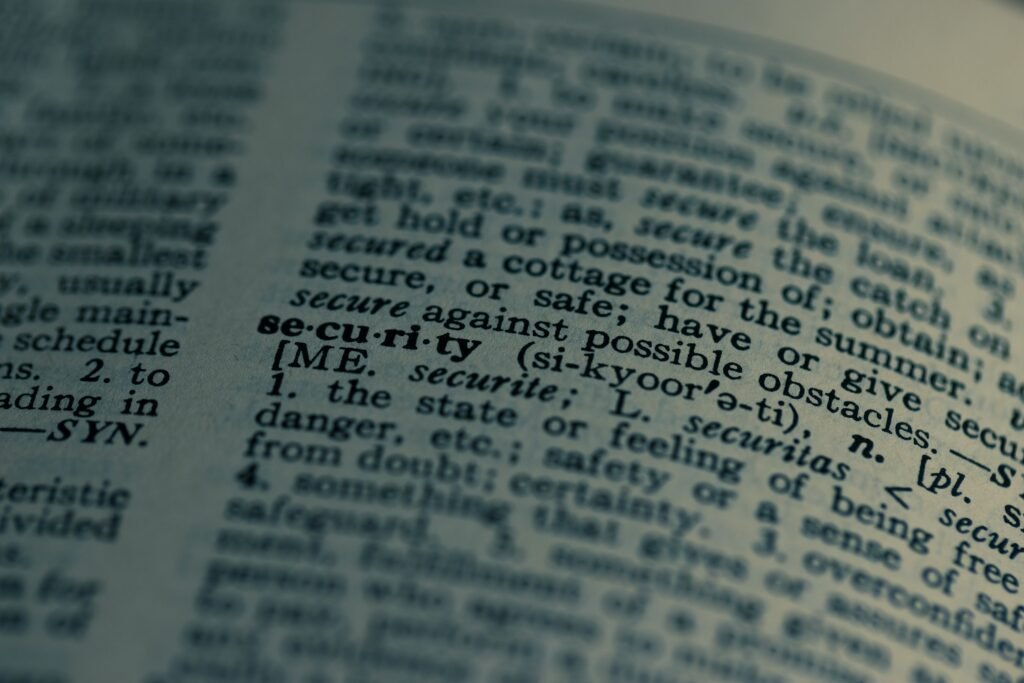Master IELTS Listening: Expert Tips, Strategies & Practice Tests
Understanding the IELTS Listening Test The IELTS Listening test evaluates your ability to understand spoken English in academic and everyday contexts. Test Format Duration: 30 minutes + 10 minutes to transfer answers Sections: 4 (40 questions total) Section 1: Social conversation (e.g., booking a hotel) Section 2: Monologue (e.g., a speech about local facilities) Section 3: Academic discussion (e.g., students and a tutor) Section 4: Academic lecture (e.g., a university talk) Question Types: Multiple-choice, form-filling, map labeling, matching, sentence completion Top 5 IELTS Listening Tips for Success 1. Get Used to Different Accents The test includes British, American, Australian, and Canadian accents. Practice Tip: Listen to podcasts, news, and TV shows from different English-speaking countries. 2. Improve Concentration Active listening is key—focus fully during practice. Avoid distractions (practice in a quiet environment). 3. Follow Instructions Strictly Word limits matter! If the instruction says “No more than two words”, writing three words = wrong. Check spelling (e.g., “February” not “Febuary”). 4. Know All Question Types Common types: Multiple-choice Form-filling Map/Diagram labeling Sentence completion Practice each type to avoid surprises on test day. 5. Simulate Real Test Conditions Listen only once during practice (like the real test). Time yourself strictly (30 minutes, then 10 to transfer answers). IELTS Listening Question Types & Strategies 1. Multiple-Choice Questions Read all options before listening. Listen for synonyms (the recording won’t use the exact words in the question). 2. Form-Filling (Section 1) Predict answers (e.g., dates, names, numbers). Spell carefully (e.g., “Jennifer” not “Jenifer”). 3. Map/Direction Questions Visualize the map before the audio starts. Note key landmarks (e.g., “next to the library”). 4. Sentence Completion Guess the word type (noun/verb/adjective) before listening. Check grammar (singular/plural, verb tense). 5. Matching Information Read all options first. Eliminate wrong choices as you listen. How to Improve Your Listening Skills 1. Daily Listening Practice Podcasts: TED Talks, BBC 6-Minute English News: BBC World Service, NPR TV Shows/Films: With English subtitles 2. Practice Tests Under Exam Conditions Use official Cambridge IELTS books for real test practice. Review mistakes to avoid repeating them. 3. Build Vocabulary & Note-Taking Skills Jot down keywords while listening. Learn academic words (common in Section 4). Test Day Checklist ✅ Arrive early (avoid last-minute stress). ✅ Bring ID and water (no food allowed). ✅ Write clearly on the answer sheet (neat handwriting matters). ✅ Use ALL CAPS if unsure (avoids lowercase/uppercase errors). IELTS Listening Band Score Conversion Correct Answers Band Score 39-40 9.0 37-38 8.5 35-36 8.0 32-34 7.5 30-31 7.0 26-29 6.5 23-25 6.0 18-22 5.5 Final Tips for a High Score ✔ Predict answers before listening (e.g., numbers, names). ✔ Don’t leave blanks (guess if unsure). ✔ Double-check spelling in the transfer time. ✔ Stay calm—if you miss one answer, move on!




